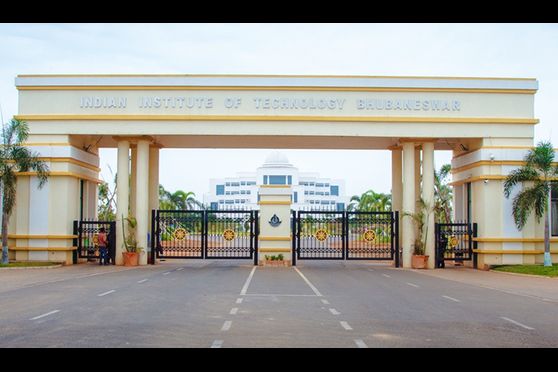IIT Bhubaneswar scholars create ultra-low-power circuit for biomedical data transmission


Scholars at the Indian Institute of Technology (IIT) Bhubaneswar have developed an ultra-low-power Integrated Circuit (IC) for energy-efficient biomedical data transmission, the institute said in a statement.
Biomedical data transmission is a process of wireless transmission of data related to health for remote monitoring of patients through wearable or non-wearable devices.
The team, headed by researchers M S Manikandan and Srinivas Boppu, indigenously developed ultra-low-power Complementary Metal Oxide Semiconductor (CMOS) data conversion IC, which will help in energy-efficient secured biomedical data transmission via the Internet of Medical Things (IoMT) and Wearable Body Area Networks (WBANs) to edge or cloud computing devices, the communique from IIT Bhubaneswar added.
The IoMT is the collection of medical devices and applications that connect to healthcare IT systems through online computer networks. Medical devices equipped with Wi-Fi allow the machine-to-machine communication, which forms the basis of IoMT. WBANs can prove to be life-saving by sending data to doctors when a patient’s health deteriorates, say researchers.
The first batch of the IC integrated circuit was fabricated by IIT Bhubaneswar researchers at the Semi-Conductor Laboratory (SCL) in Mohali.
The IC was developed with the support of the Special Manpower Development Programme for Chips to System Design (SMDP-C2SD) of the Ministry of Electronics and Information Technology, the statement from the institute said.
“These semiconductor chip developments assume great significance. These are coming from the institute after putting a lot of hard work for the last four years in building teams, expertise and carrying on the design and development work as a part of our vision to create a sustainable chip design and fabrication echo system at the institute. The institute has plans to further enhance the capabilities and take it forward in the coming years,” said IIT Bhubaneswar director R V Raja Kumar.
The Union cabinet’s approval of Rs 76,000 crore investment in the area of IC technology will open up opportunities for chip designing and manufacturing towards finding cost-effective solutions in Health, Defense Security, Consumer Electronics, Communication, Automobiles, Environments and job creation, the statement from IIT Bhubaneswar read.
Another team of researchers, led by Vijaya Sankara Rao Pasupureddi of the institute, developed a digitally intensive sub-sampling short-range low-power Radio Frequency (RF) front-end IC, which will help in IoT (Internet of Things) applications. It has several design innovations.
The chip is being fabricated at TSMC, Taiwan, and is likely to be received soon, said the researchers.